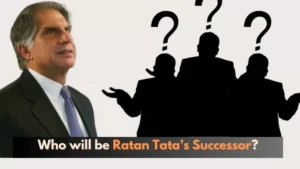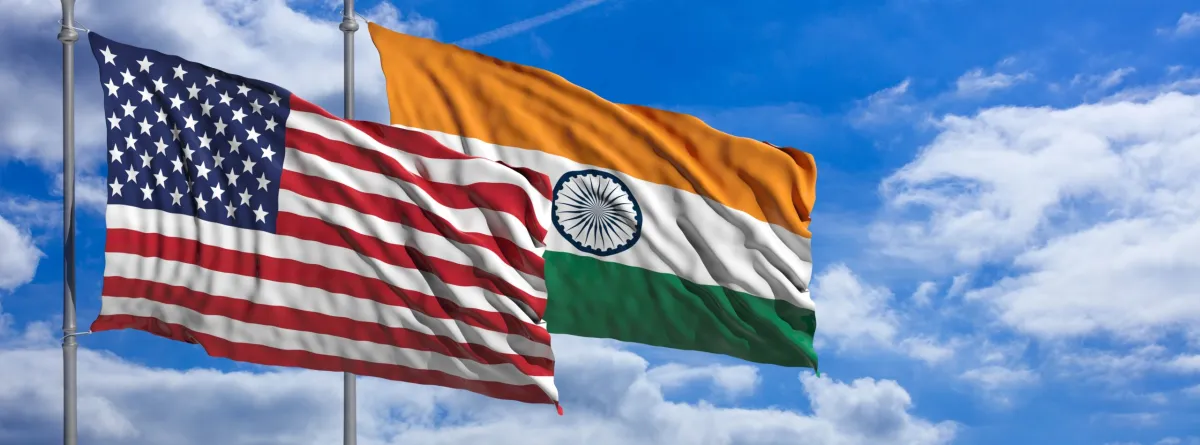The Tata Group, known for its trust and social responsibility, has been shaped by visionary leaders. Ratan Tata expanded the group’s global footprint. Now, as Tata Sons looks to a future without him, it is essential to explore how the group’s structure, operations, and commitment to philanthropy will evolve. Here’s a detailed overview.
Major Shareholders of Tata Group
At the core of the Tata Group is Tata Sons, the holding company that controls and promotes its various companies. The major shareholders of Tata Sons are:
- Tata Trusts: These charitable organizations hold 66% of Tata Sons. They ensure that profits go back into social causes. The key trusts include:
- Sir Dorabji Tata Trust
- Sir Ratan Tata Trust
- Shapoorji Pallonji Group: This group holds about 18.37%, making it the second-largest shareholder. The Mistry family has passed down this stake through generations.
Other Tata Family Members and Associates
Other family members and close associates hold smaller shares in Tata Sons. Their influence is limited compared to the trusts. Ratan Tata, the former chairman and a key figure in Tata’s history, is the son of Naval Tata and the grandson of Jamsetji Tata, the founder of the Tata Group. His niece, Tina Tata, is involved in some family business discussions, but she does not hold a significant share.
Nusli Wadia is another important figure. Although not a Tata family member, he is a close associate and shareholder through the Wadia Group, which has historical ties with Tata. Alyque Padamsee, a former associate and advertising guru, contributed to Tata’s branding efforts despite not being a family member. The Shapoorji Pallonji Group, associated with the Mistry family, also has historical ties with Tata and holds a significant stake in Tata Sons. Other distant relatives and descendants of Jamsetji Tata typically hold limited stakes in Tata Sons.
Overall, while these individuals have connections to the Tata family, their influence in Tata Sons’ decision-making is overshadowed by the larger shareholding of the Tata Trusts. This structure ensures that the group remains focused on long-term societal welfare, directing profits primarily toward philanthropy rather than personal wealth accumulation.
Directors of Tata Sons
The Board of Directors of Tata Sons guides the conglomerate’s strategic direction. Key figures include:
- Natarajan Chandrasekaran (Chairman): Since 2017, Chandrasekaran has led Tata Sons, focusing on digital transformation, sustainability, and expansion into new sectors.
- Venu Srinivasan (Director): Serving as Vice Chairman of Tata Trusts and Chairman of TVS Motor, Srinivasan connects Tata Sons’ business objectives with its philanthropic mission.
- Ajay Piramal (Director): As Chairman of the Piramal Group, Piramal brings extensive experience in healthcare and finance to the board.
- Bhaskar Bhat (Director): The former head of Titan, Bhat provides insights into retail and branding within the group.
- Saurabh Agrawal (CFO and Director): As Tata Sons’ Chief Financial Officer, Agrawal manages the group’s financial health and investment strategies.
This strong board ensures strategic decision-making that promotes both business growth and the continuation of the group’s social initiatives.
How Tata Group Operates
The Tata Group operates through a decentralized structure. Individual companies have independent management but follow the values and strategic vision of Tata Sons. Key companies include:
- Tata Consultancy Services (TCS): India’s largest IT services provider.
- Tata Motors: Known for a wide range of passenger and commercial vehicles, including Jaguar Land Rover.
- Tata Steel: A leading global steel producer.
- Titan: A leader in the consumer goods market, with brands like Tanishq and Fastrack.
- Taj Hotels: A premium hospitality brand that is a cornerstone of the Tata Group’s consumer-facing businesses.
This structure ensures agility in decision-making while remaining true to the group’s ethical standards and long-term goals.
Tata Group’s Social Work
Tata Sons’ commitment to social welfare is part of its DNA and driven by the Tata Trusts. These trusts channel profits from group companies into initiatives that focus on:
- Healthcare: Improving access to healthcare across India, including building hospitals and funding medical research.
- Education: Supporting educational programs, institutions, and scholarships.
- Rural Development: Promoting sustainable agriculture and infrastructure in rural areas.
- Environmental Sustainability: Initiatives in clean energy, biodiversity conservation, and waste management.
Through these efforts, the Tata Group’s philanthropic legacy continues to be a fundamental part of its identity.
Who Will Be the Successor?
With Ratan Tata stepping back from active roles, Natarajan Chandrasekaran has become the group’s business leader. Although Shantanu Naidu, a close confidante of Ratan Tata, has taken on a role in the group’s philanthropic activities, he is unlikely to become the business successor. Currently, the Tata Group does not need a successor to Ratan Tata in the traditional sense. The Tata Trusts and Tata Sons’ professional board provide robust leadership, ensuring that both business and social initiatives continue without a single figure at the helm.
Do We Need a Successor After Ratan Tata Passes Away?
Given the Tata Group’s current structure, a singular successor to Ratan Tata may not be necessary. The group operates under a professional board that ensures business growth while the Tata Trusts guide the group’s social and philanthropic endeavors.
Ratan Tata’s influence will always be present, particularly in how the Tata Trusts operate. However, the group’s future lies in the collective leadership of its board and trusts, ensuring a sustainable balance between business and social work.
The Cyrus Mistry Dispute
The Cyrus Mistry dispute created turbulence within the Tata Group in 2016 when he was ousted as Chairman of Tata Sons. This legal battle centered on corporate governance issues. In 2021, the Supreme Court of India ruled in favor of Tata Sons, reinforcing the group’s leadership. While this dispute highlighted internal challenges, the group emerged from it stronger, with a renewed focus on ethical governance and transparency.
Even after Ratan Tata’s departure, the Tata Group’s reliability and sustainability remain secure due to its governance structure and long-term vision. Key factors contributing to its sustained growth include:
- Strong Governance: Natarajan Chandrasekaran and a seasoned board lead the group’s businesses toward steady growth. Their focus on innovation in areas like electric vehicles and renewable energy drives this growth.
- Philanthropy as a Pillar: The Tata Trusts ensure that the group’s profits go toward social good. This approach safeguards its reputation as a socially responsible entity.
- Commitment to Sustainability: Tata Sons invests in green energy, sustainable business practices, and digital transformation. These initiatives align its businesses with future market demands.
Thus, the group is positioned to grow while staying committed to its core values of social good and sustainability.
The Tata Group’s future after Ratan Tata is both promising and secure. With a strong governance structure led by Natarajan Chandrasekaran, the group is well-equipped for continued business growth. Meanwhile, the Tata Trusts will ensure its social mission endures. Even without a direct successor, the group’s foundations in ethical business practices and philanthropy will guide its next chapter.











